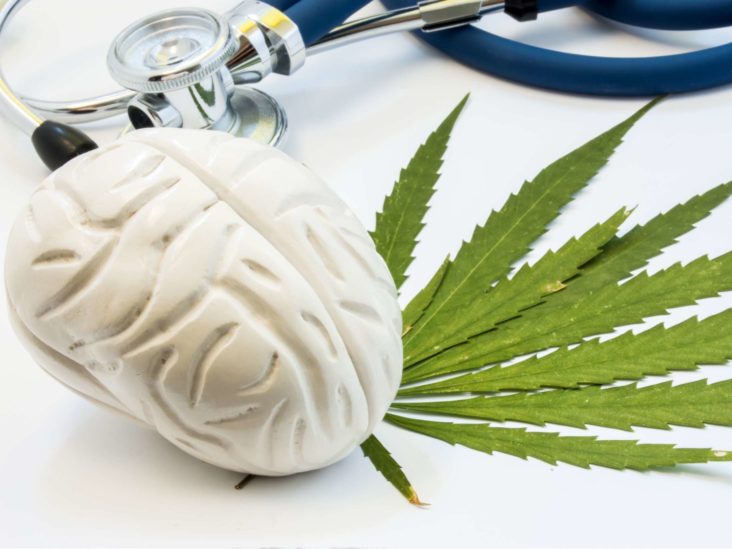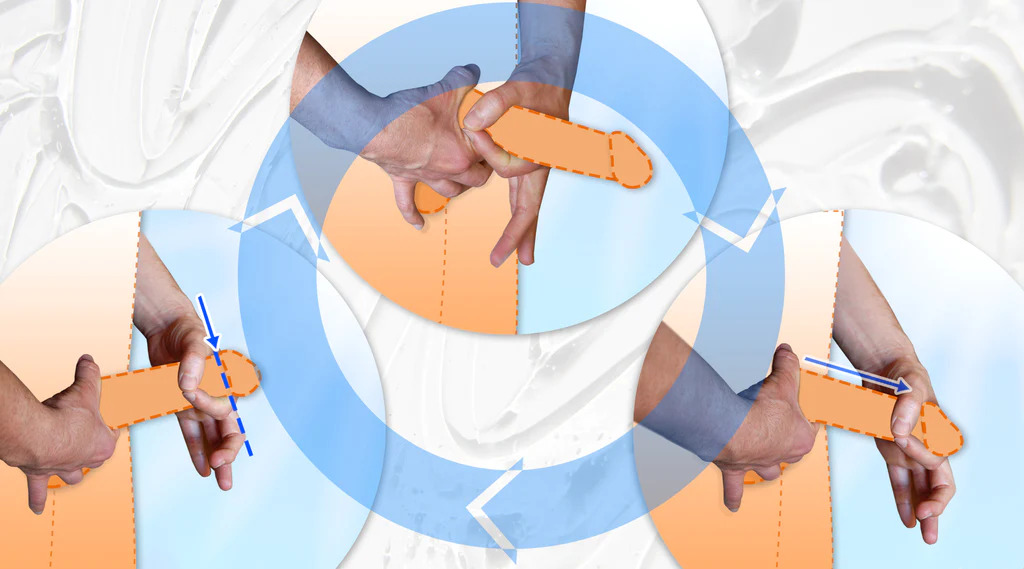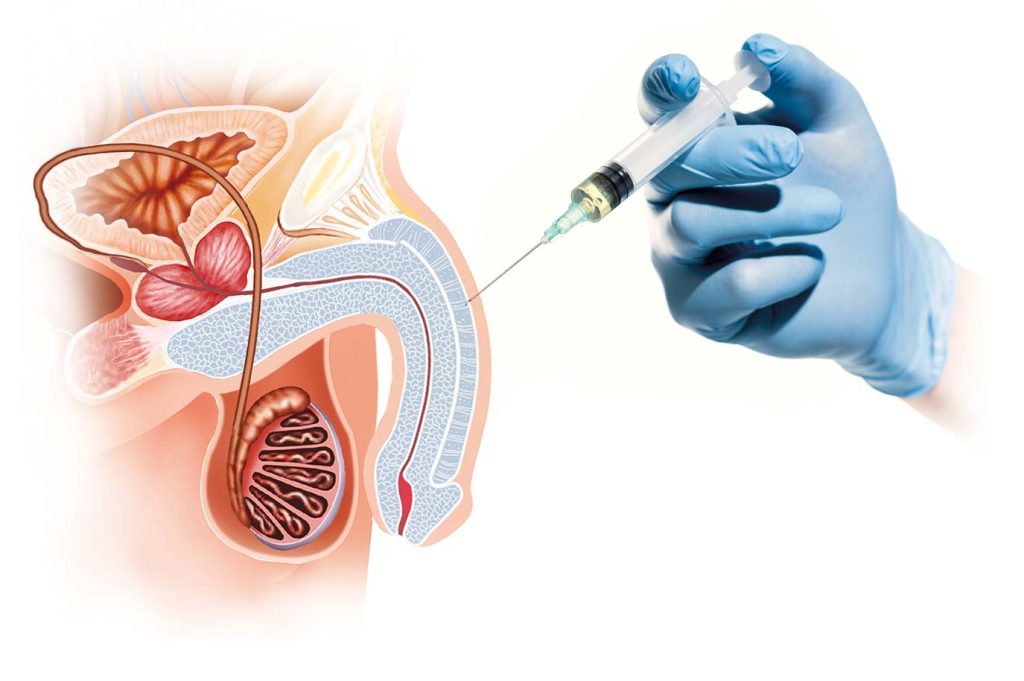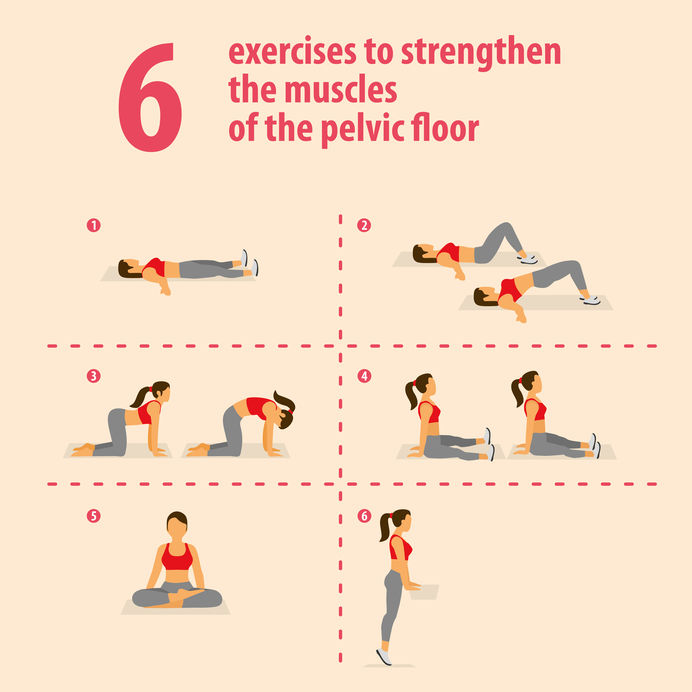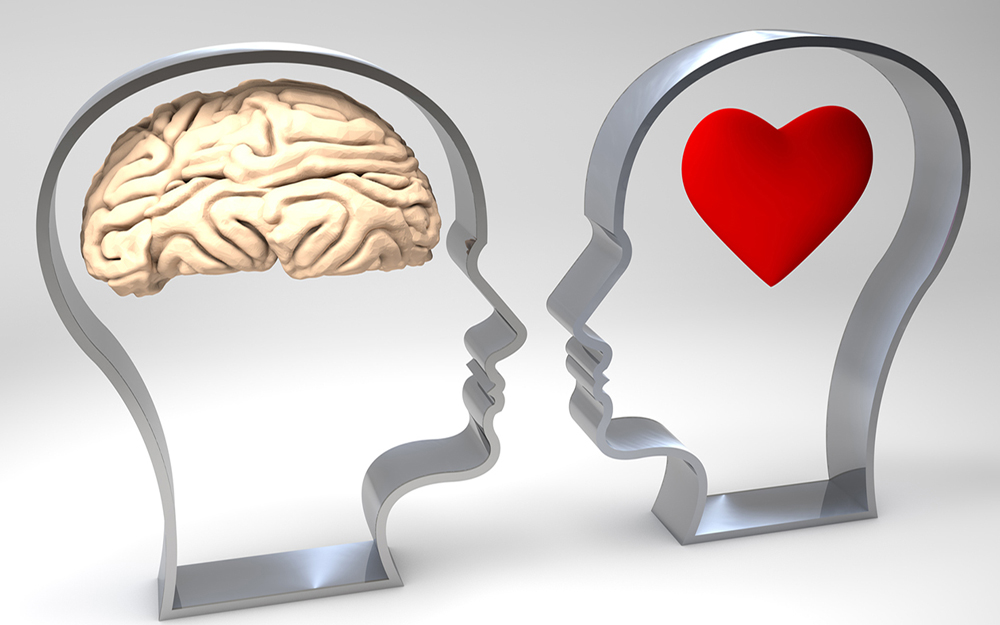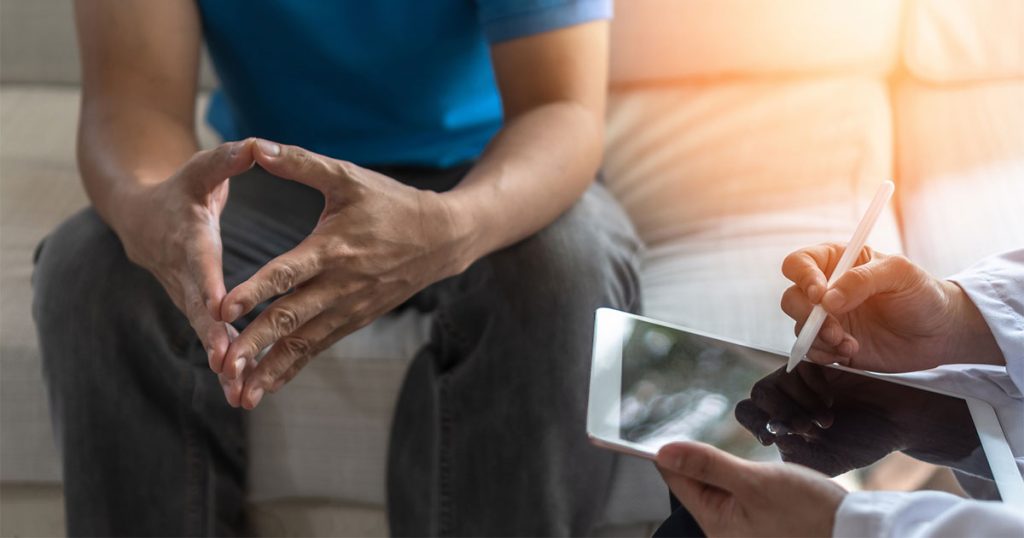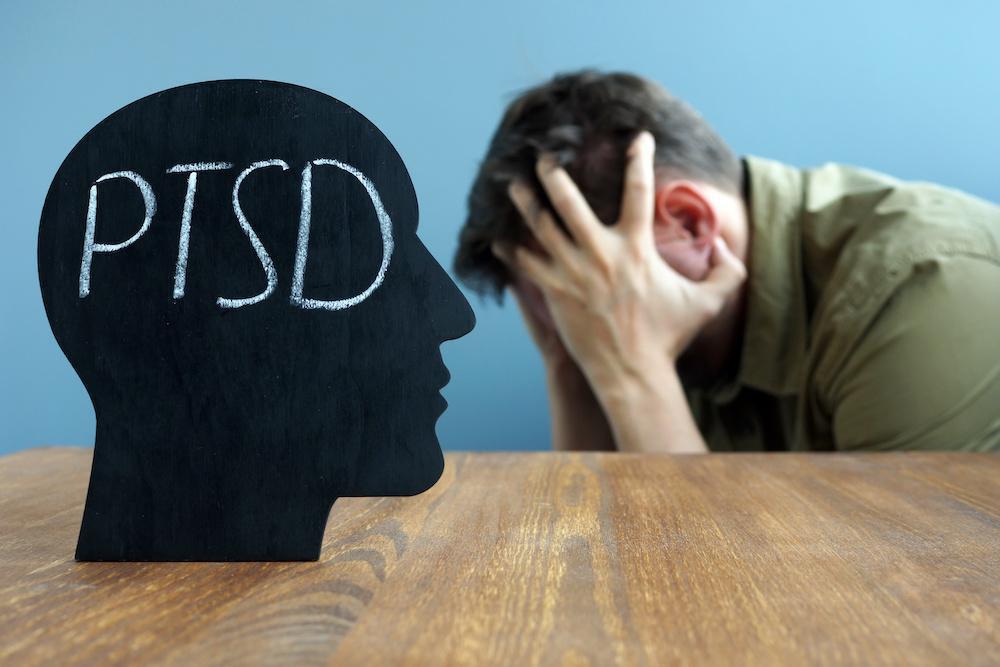What are the side effects of prostate massage therapy?
A component of the male reproductive system, the prostate is situated in front of the rectum and just below the bladder. Although there are conventional medical procedures to treat prostate inflammation, or prostatitis, some alternative practitioners do a prostate massage when it becomes irritated.
In traditional medicine, a doctor does a digital rectal examination (DRE) to identify prostatitis, prostate enlargement, or inflammation.
According to some alternative healthcare professionals, “milking the prostate” in this way can improve sexual function and improve some symptoms associated with an inflamed prostate.
What is a prostate massage?
A DRE is comparable to a prostate massage. In addition to using their fingertips to feel for lumps or other anomalies, a professional performing a DRE will also massage the prostate.
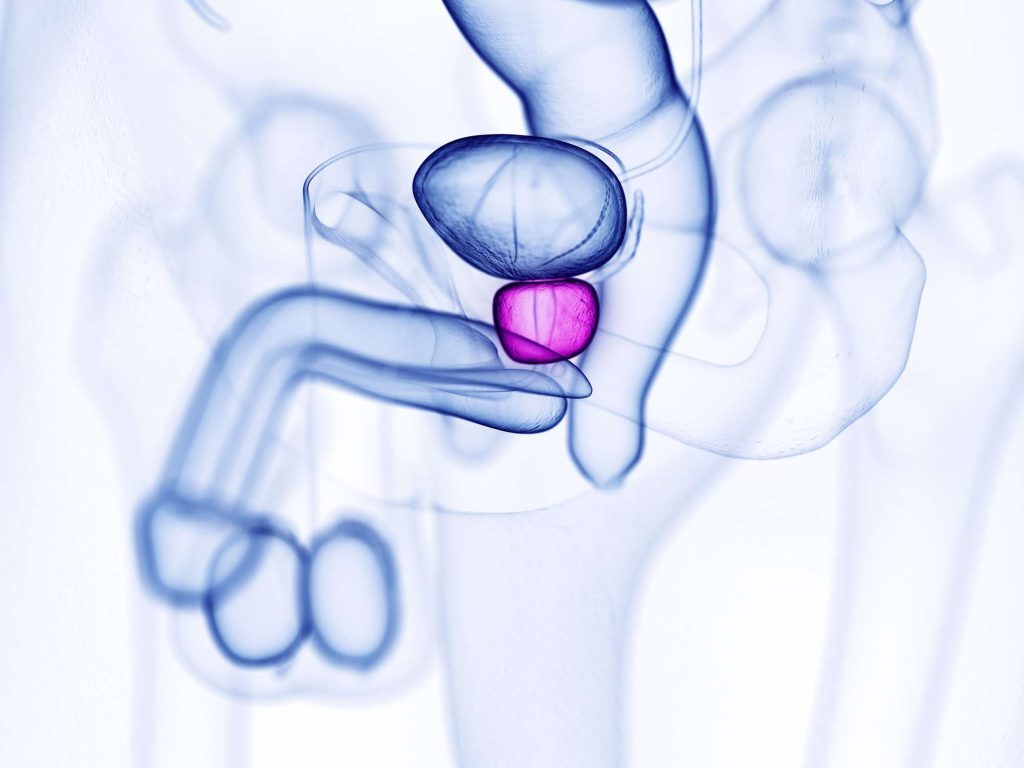
There are two parts to this prostate. It encircles the area where the urethra connects to the bladder. Male fertility depends on the prostate since it is responsible for the majority of the fluid that surrounds sperm in semen.A prostate massage is frequently referred to as “drainage,” and it typically takes longer. The prostate is intended to be “wrung out.”
A DRE is typically used by a physician to assess the prostate gland’s overall size and health. A doctor will keep an eye out for any changes that might point to health problems during the treatment. A doctor touches the sides of the prostate close by with a finger while wearing a lubricated glove.
The doctor may rub the prostate to extract fluid for later analysis if symptoms point to the existence of an infection. Practitioners of prostate massage also assert that symptom reduction benefits from discharging this fluid. Expressed prostatic secretion refers to the fluid the prostate releases. It will be examined by doctors to look for inflammation or infection.
For the first month, people with chronic prostatitis frequently return for prostate massages two to three times a week, then taper off as their symptoms become better.
Types of Prostate massage.
Some people regularly massage their prostates to treat the symptoms of prostate issues. This can be done by professionals using their hands or a prostate-massaging tool. It can be slightly unpleasant to massage the prostate. Since the fluids include burning agents, some persons experience increased burning following drainage.
Pressure can be applied to the perineum, a region situated midway between the anus and the scrotum, during an external prostate massage. Prostate massage can also be given by gently massaging the area of the belly between the pubic bone and the belly button. Additionally, there are tools that can help with external prostate massage.
How to Do a Prostate Massage
It frequently assists to achieve an arousal level before doing prostate massage for sexual purposes. As the penis becomes erect, this causes the gland to migrate into a slightly upward and backward position.
That’s when:
- Around the anus, liberally apply lubricant.
- Start masturbating by softly inserting your index finger over the first knuckle.
- Reapply lubricant after pulling the finger out.
- Replace your finger in the anus once more, this time to the second knuckle, and carry on masturbating.
- Up until the third knuckle, repeat steps 3 and 4 as necessary.
- Once the finger is fully inserted, look into the rectum, up toward the root of the penis, for a rounded lump that is about 4 inches long. The prostate appears here.
- Use the pad of a finger to gently rub the prostate in a circular or back-and-forth motion. You can also use the pad of your finger rather than the tip to gently push down for seven to ten seconds.
Purpose of Prostate Massage
Prostate massages aim to drain extra seminal fluid from the prostate gland’s channels, which mixes with sperm to form semen. Some people believe that this will reduce inflammation, encourage urination, and alleviate symptoms of prostate issues.
Between the bladder and the root of the penis is where the prostate gland is situated. It creates seminal fluid, which during ejaculation nourishes and transports sperm. The centre of the prostate is where the urethra, the tube through which urine and sperm leave the body, passes.
Prostate massage is thought to be beneficial for some prostate conditions, such as prostatitis and benign prostatic hyperplasia (BPH).
Benign Prostatic Hyperplasia (BPH)
Prostate enlargement with ageing is known as BPH. The prostate is typically the size of a walnut, but in those over 60, it can grow to be the size of a plum or even larger. This may result in urinary issues and urethral compression.
Prostatitis
The prostate gland becomes inflamed when someone has prostatitis. A bladder infection or a urinary tract infection (UTI) may be the culprit. However, it could also be brought on by activities like strenuous riding a horse or a bicycle or by using a urinary catheter.
For some people, especially older males, prostatitis can develop suddenly and for no apparent reason. Contrary to BPH, which worsens over time, prostatitis can resolve
Possible Side Effects
The sensitive tissues lining the prostate and rectum are prone to abrasions, rips, and wounds. An overly vigorous massage of the prostate can quickly cause soreness. For instance, 8.3% of participants in the study mentioned above felt uncomfortable following a prostate massage.
In addition to causing rectal bleeding, a too forceful prostate massage can aggravate haemorrhoids or increase the risk of bacterial infection.
Men with acute bacterial prostatitis should also avoid manual prostate massage. The massage exacerbates inflammation and might encourage the spread of bacteria to the bloodstream, other urinary tract regions, and the urethra.
REFERENCES:
- https://www.medicalnewstoday.com/articles/314168
- https://www.webmd.com/men/prostate-massage
- https://www.verywellhealth.com/things-to-know-about-prostate-health-4066015
- https://www.menshealth.com/sex-women/a38603607/prostate-massage-how-to/
For more details, kindly visit below.
